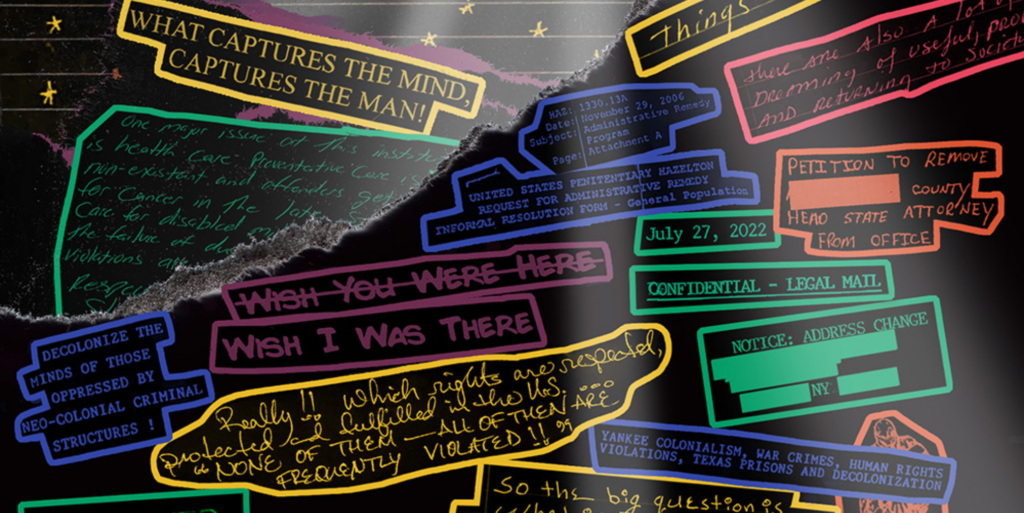Originally posted on the HowlRound blog.
Talk a little about what being in a residency means to you as an artist and how the notion of residency influences your artistic practice?
Being in residency means financial and developmental support for my art, and the health insurance that comes with it means that I get to go to the dentist without checking my bank account first. To tell you the truth, this residency feels to me like how I imagine someone else might feel about landing a job they want in any other industry in America. It’s good to work and to be compensated for that work and not to subsist in the limbo of writing scripts that may or may not ever get produced.
What are you working on during your residency?
About one year ago today, I pitched a very vague play to Chris Burney, the associate artistic director of Second Stage and the curator of their summer Uptown Series. I think my exact words were: “I don’t know…something about ghosts and Virginia.” When I learned that we had received this grant from the Tow Foundation to support the development and production of a new play, I set to work writing the early drafts of this Virginia ghost play. It’s called The Other Thing, and it’s spooky and rural. It’s about storytelling and fathers and sons and mothers and daughters. It’s about the rage I feel sometimes as a lady navigating her way through a world that caters to men. It’s been tricky for me to write. Also, it’s a new experience for me to write a play toward production, and I think it’s safe to say that it’s fairly rare to know exactly in what space the play will eventually come to life.
Aside from this play, I have been working on what looks to become a cycle of plays about poverty and the working poor in America and a period piece about hackers at MIT in the 1970s and ’80s.
How do you define home as a playwright? How important is it to have a place you call your “artistic home?”
I think the idea of an artistic home is a little antiquated, to be honest with you. I definitely have artistic supporters and people who champion my work. I feel like I have artistic homes for a spell, like my year in residency at Second Stage, that create new and lasting relationships. I’m not sure if I’d say I have an artistic home, and I’m not sure I’m seeking one. I know some writers feel differently, but I like being a theater nomad.
What are your aspirations as a playwright? When you imagine yourself ten years from now, where are you and what are you doing?
These days I’m thinking less about my aspirations as a playwright and more about my aspirations as a general human being in the world. I think this manifests in my plays and the characters and cultures I am interested in writing about. I’ve been trying to clarify lately why I want to write certain plays and what I’m trying to work out in them.
Mercifully for me—and my therapist—I don’t spend a lot of time imagining myself in ten years. I can tell you that ten years ago I thought I’d be living in New York and writing plays, so at least there’s that.
Read @ HowlRound
